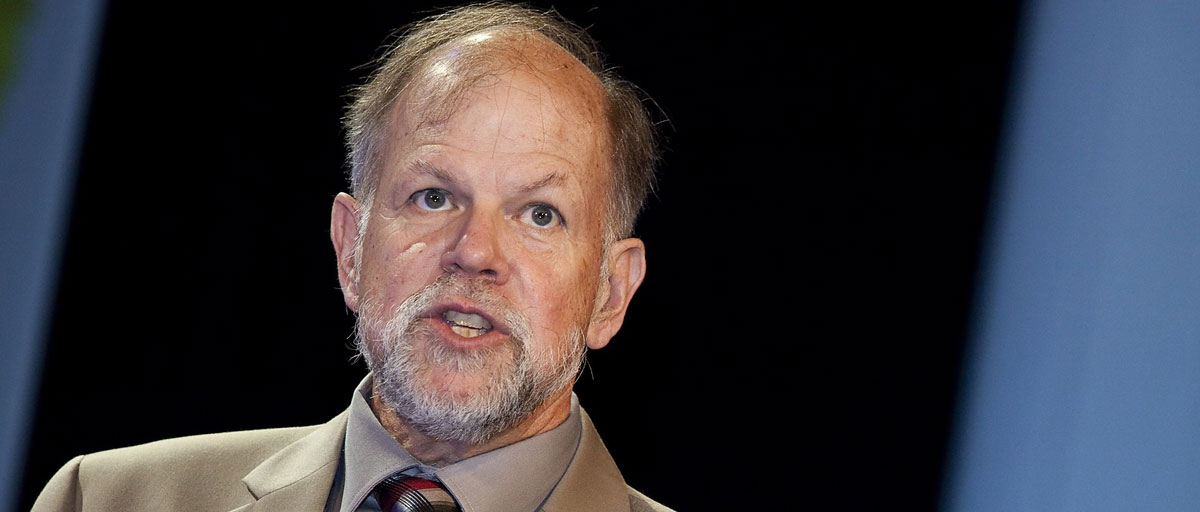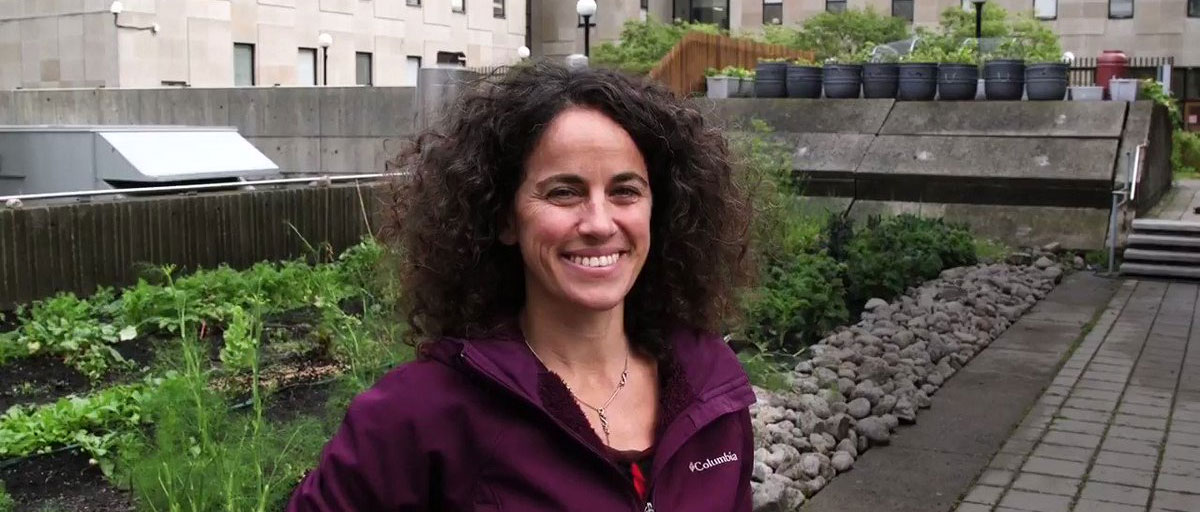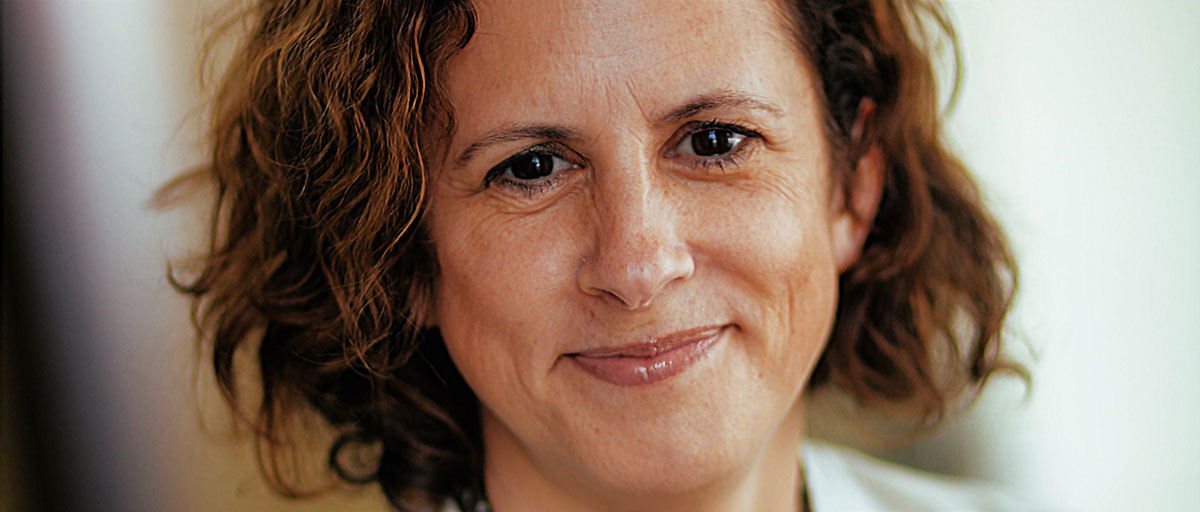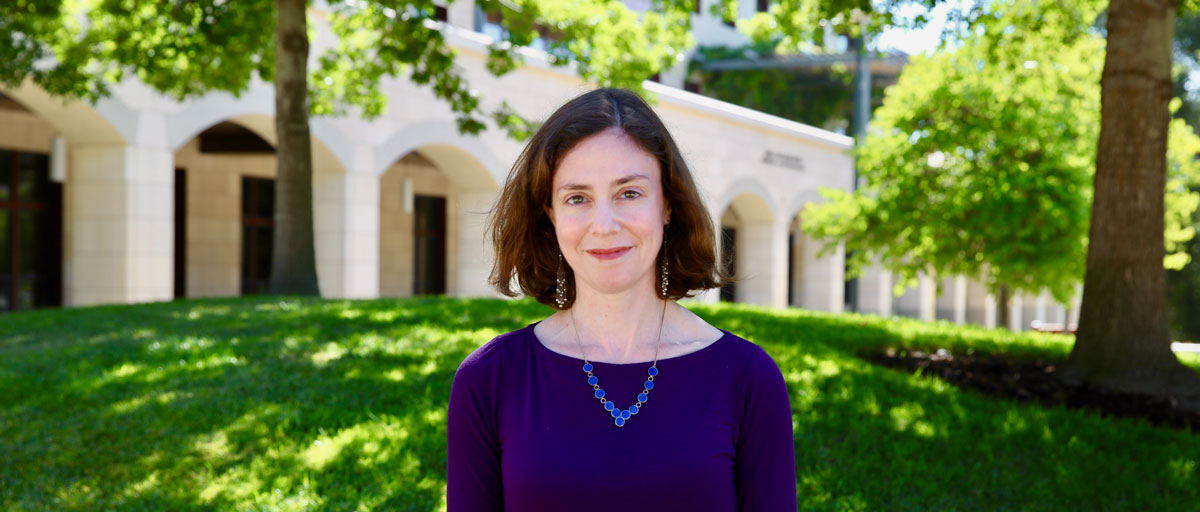
Steve Carpenter, Director Emeritus of the Center for Limnology at the University of Wisconsin-Madison, is a member of the Stockholm Resilience Centre's new International Science Advisory Council. Photo: Wikimedia Commons
Bildtext får vara max två rader text. Hela texten ska högerjusteras om den bara ska innehålla fotobyline! Photo: B. Christensen/Azote
INTRODUCING OUR SCIENTIFIC ADVISORY COUNCIL
“We will never be done”
As the centre continues to its strategy for future research, Steve Carpenter from University of Wisconsin-Madison provides a crucial bit of history and scientific legacy
- The International Scientific Advisory Council (ISAC) is a body of internationally leading researchers providing strategic advice and guidance on the scientific development and direction of the Stockholm Resilience Centre (SRC)
- Council member Steve Carpenter is Director Emeritus of the Center for Limnology at the University of Wisconsin-Madison
- He says The SRC has built a generative spirit of international and interdisciplinary shared learning. This, and a culture of collaboration is its most important asset
When reflecting on the development of Stockholm Resilience Centre (SRC), certain names are impossible to forget: Crawford Stanley “Buzz” Holling, the Canadian ecologist who is considered the conceptual founder of social-ecological resilience thinking; Brian Walker, another ecologist who helped create the early literature of resilience, the Resilience Network, and the Resilience Alliance. There is also Frances Westley, one of Canada's most renowned scholars and consultants in the areas of social innovation and transformation. But Steve Carpenter, Director Emeritus of the Center for Limnology at the University of Wisconsin-Madison, is equally important.
Ever since the mid-1990s, he has talked science, developed ideas (occasionally with a drop of wine involved) and written scientific papers with a wide variety of people connected to the SRC. Without him, the centre as we know it would not exist.
A culture of collaboration and knowledge sharing
Since its launch in 2006 Carpenter has been part of SRC’s strategic and scientific development. He was a board member between 2014 and 2018 while being part of countless publications and projects. Now, a new challenge awaits. As a member of SRC’s newly established International Scientific Advisory Council, Carpenter will provide strategic advice and guidance on the scientific development and direction of the SRC as well as defining the role of the SRC in forming international research frontiers in sustainability science.
He believes the centre has one special asset in its quest to remain at the front of sustainability science: a culture of collaboration and knowledge sharing.
The SRC has built a generative spirit of international and interdisciplinary shared learning. This, and a culture of collaboration is its most important asset.
Steve Carpenter
How to navigate collapse while collapsing
Carpenter is also cautious that the centre’s rapid rise to scientific stardom will not generate a sense of complacency. Hard work never stops.
“We need to be always searching for new research questions and thinking about the resilience of SRC. I look forward to ongoing conversations with SRC researchers and the rest of the committee. We will never be “done”,” he says.
“Our current civilization must learn how to navigate collapse while collapsing, and somehow transform into something that could be resilient through a time of unprecedented human pressure on the biosphere. We need a resilience perspective like never before.”
His contribution will be to use his experience and expertise within sustainability science to help SRC researchers develop insights that can contribute to a more resilient future.
He believes the centre is well attuned to deal with the many emerging issues within sustainability science.
“SRC’s capacity to cross the lines between research and practice seems essential. New ideas emerge from research, new realities emerge from practice, and they coevolve. We move forward through the endless dance of research and practice. From my perspective, the SRC does this very well.”










